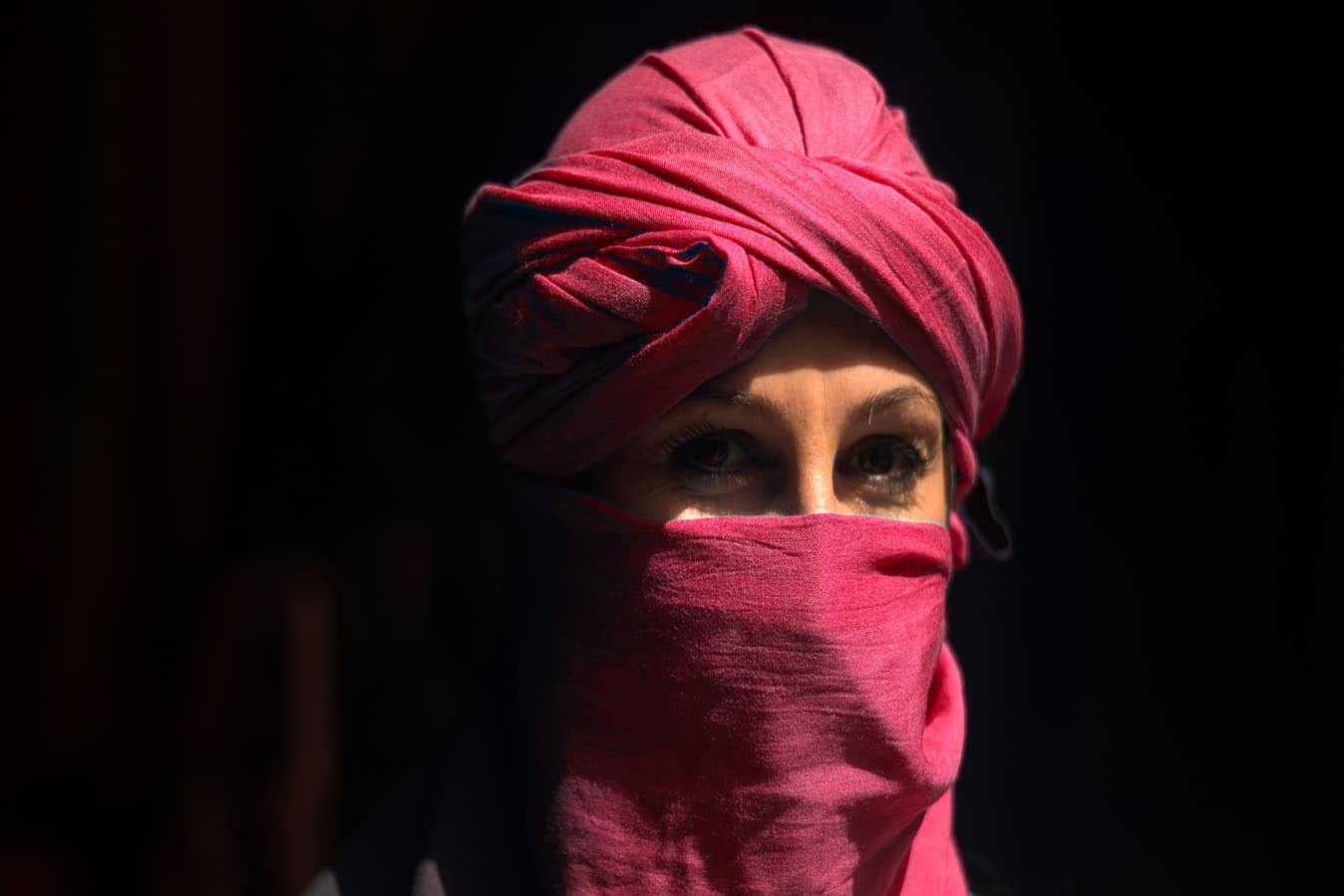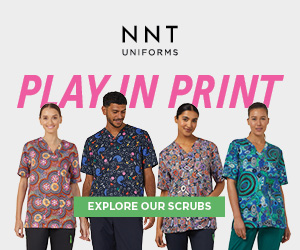The Afghanistan Nurses Association has called for support from the International Council of Nurses (ICN) in protecting its nurses, who are caring for the many people injured and displaced during the latest political upheavals.
In response ICN President Annette Kennedy said the right to healthcare was a basic human right, and urged everyone to respect the human rights of all people, especially those of girls and women, who make up the majority of the nursing workforce.
“On behalf of ICN’s Board and the 27 million nurses of the world, I ask those in power to provide whatever it is that nurses need to continue their vital humanitarian work in these difficult times,” she said.
The ICN, who strongly and vocally advocate for nurses’ rights, is a founding member of Safeguarding Health in Conflict Coalition and the International Committee of the Red Cross’ Healthcare in Danger project which aims to raise awareness of and protect nurses and other healthcare workers delivering care in dangerous situations such as these.
The ICN said it was deeply concerned about the disproportionate risks to the rights of women and girls in Afghanistan and the impact on them and their healthcare systems.
Urging governments to do more to ensure nurses’ safety and wellbeing, and to help them with any means possible to continue their humanitarian work, ICN Chief Executive Officer Howard Catton said to date the world had continued to fail to do enough to protect healthcare workers.
He said a recent report, published by Safeguarding Health in Conflict Coalition, showed that healthcare workers were still at risk, despite the United Nations vow in 2015 to protect healthcare in conflict zones.
“Healthcare worker rights are human rights and non-negotiable and that is why ICN is calling for the international community to ensure that the respect and recognition of healthcare workers, the vast majority of whom are women, are at the heart of the political discussions on Afghanistan in the coming days. Let’s not forget that nursing is a high-risk profession with 90% of its workforce made up of women, who are particularly vulnerable and often subject to attack.
“The World Health Organization’s recent Health Worker Safety Charter must be implemented in full if healthcare workers are to be afforded the protection they so richly deserve,” Mr Catton said.
Ms Kennedy said that this issue was not new.
“Governments’ inaction on it means that nurses, far from being protected, are experiencing increasing mental and physical stress. Ultimately this will lead to a mass exodus from the profession, which nobody wants. Governments must take action now because humanity begins at home: look after you nurses, or they will not be around to look after you.”








